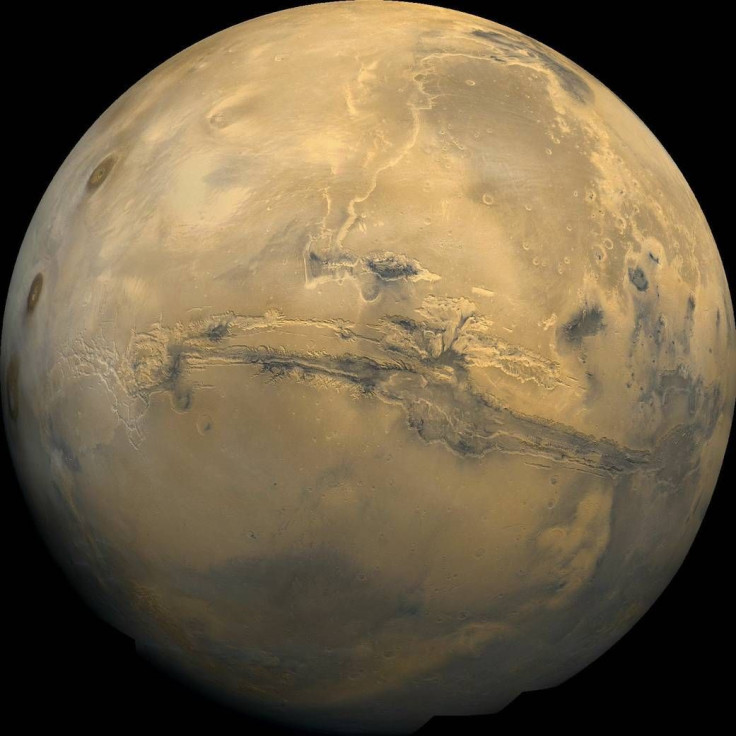Are We Martians? Panspermia And The Hunt For Life From Our Solar System To Distant Stars

So far, the hunt for aliens has turned up no evidence of life outside of Earth, but that hasn't stopped reports of "alien megastructures" or odd anomalies on Mars. Earth is unique because it's the only planet hosting life forms, but what if life originated on the red planet? A new report from NPR, published Sunday, explores the theory that Earthlings are, in fact, Martians.
Panspermia, the theory that life is distributed via asteroids, comets or a planetary chunk, dates back to ancient Greece but has bubbled up in popularity in the 19th century, according to Bill Mesler, co-author of "A Brief History of Creation: Science and the Search for the Origin of Life." Panspermia soon became a popular theory among the very fringe sect seeking answers and life in every part of the universe. Chandra Wickramsinge has made quite a name for himself for finding proof of alien life several times, but none of his claims have stood up to scientific scrutiny. Slate's Phil Plait has a great takedown of a 2013 "discovery" by Wickramsinge.
While panspermia has been lambasted of late, some serious scientists are proponents of the theory. Harvard University's Jack Szostak, winner of the 2009 Nobel Prize in physiology or medicine, is among proponents of the theory, as is Steven Brenner, a distinguished fellow at the Westheimer Institute at the Foundation for Applied Molecular Evolution, who made a splash in 2013 when he declared life may have started on Mars. The chemist does not say it's a fact, but it's an interesting idea based on Mars' ability to form hydrocarbons and other building blocks of life. Early Mars seems to have been better suited to foster life than early Earth.
Some microbes may have been hardy enough to survive a journey on a meteorite, argues Mesler, and he's not alone. "It is possible for life to be carried by rocks that are ejected from one planet, after an impact by an asteroid, and land on another planet. This can happen by chance if the two planets are in the same planetary system or, with smaller likelihood, if they are in different systems," Abraham Loeb, chair of the Department of Astronomy at the Harvard University, said in an interview with Phys.org published Monday. Loeb's recent study of how observable effects of panspermia could possibly be used to find life was published in Astrophysical Journal Letters in August.
Curiosity over the latest discovery of water in the solar system, or something unexplainable, always leads back to the larger question of whether we're alone in the universe. When astronomers, using the Kepler Space Telescope, couldn't explain a star's unusual dips in brightness, this led to two possible theories. The first involved a star dragging comets to an area around the star. The second, more fantastic, possibility involved alien structures set up to harvest energy from the star. Until life is found somewhere in the cosmos, there will be theories about its origins.
© Copyright IBTimes 2024. All rights reserved.












